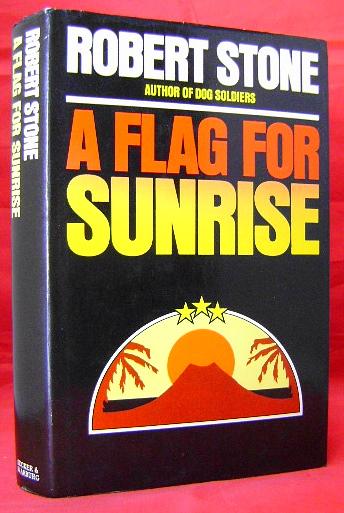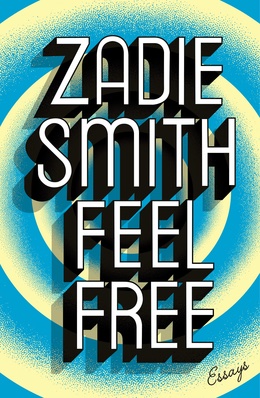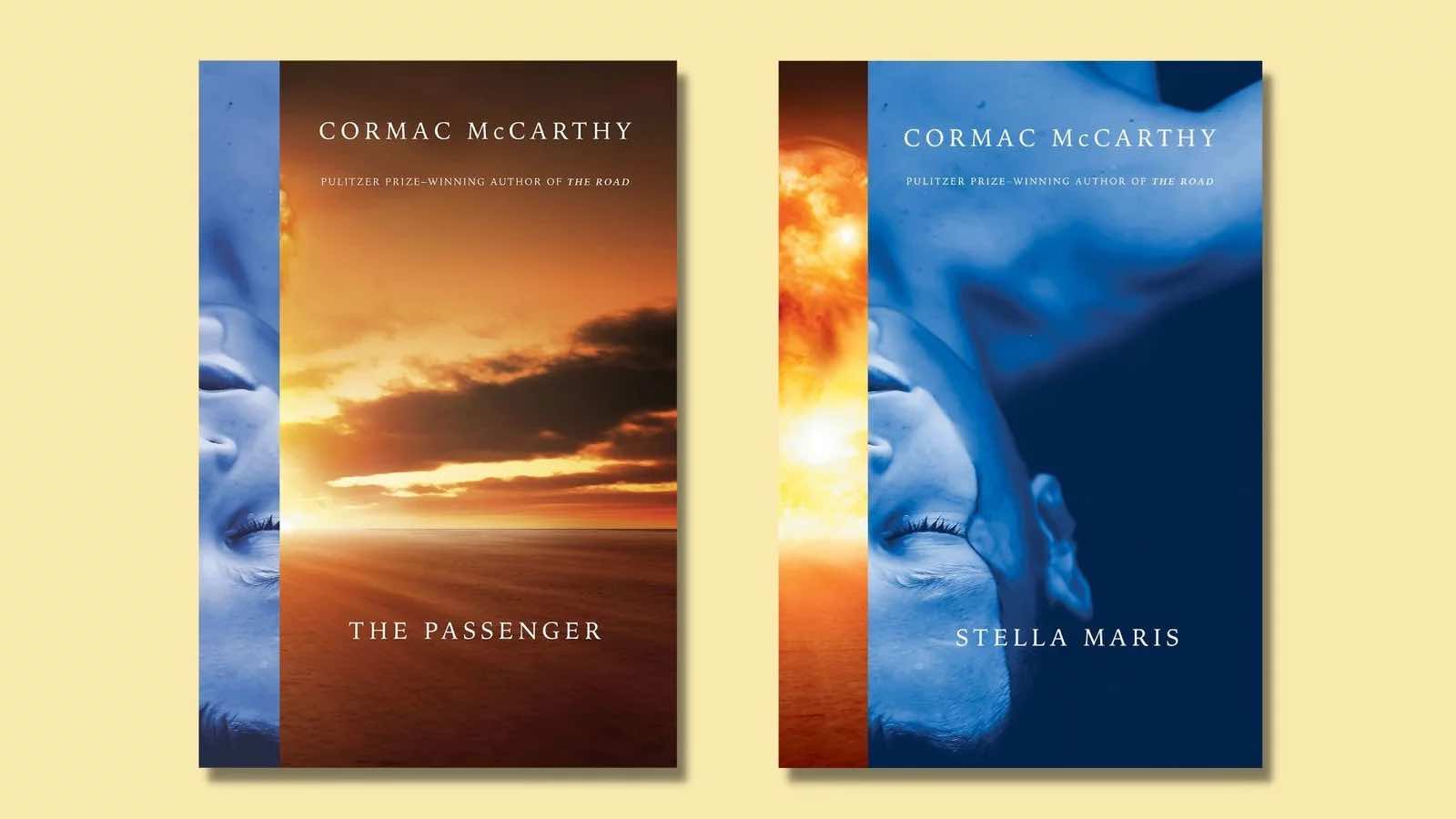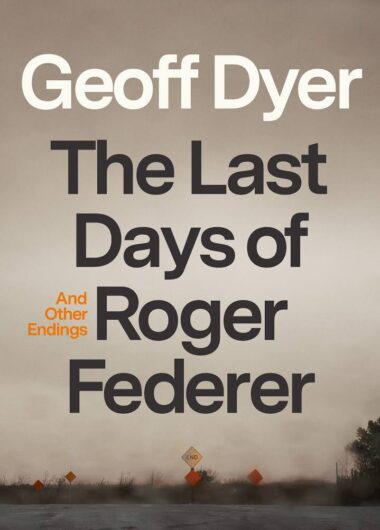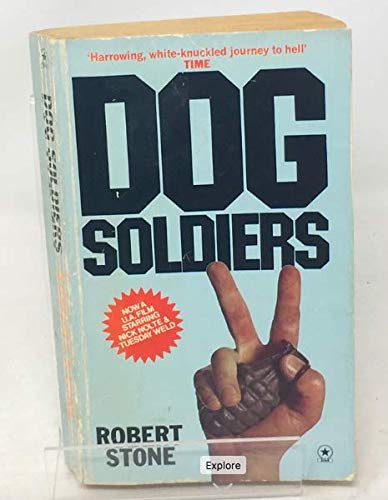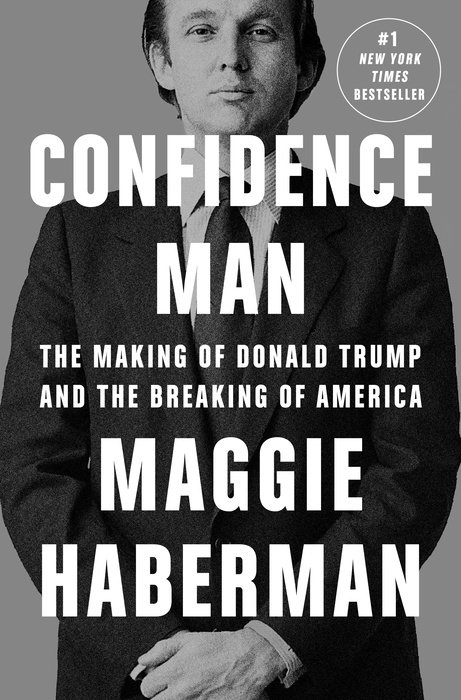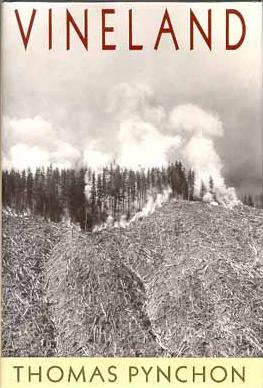I’ve had a lot of false starts this year. I’ve been giving up on books more lately than I’ve been finishing them. Uh, why let that stop me from writing about them?
Babel by R. F. Kuang
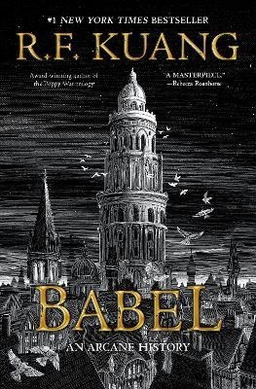
Babel by R.F. Kuang
Babel: Or the Necessity of Violence: An Arcane History of the Oxford Translators' Revolution lost the tournament of books championship to The Book of Goose today. I wish I had spent my several months of library hold time on that.
Of the many folks who weighed in on Babel in the Tournament of Books, I agreed most with Nathan Deuel, who writes: “Tediously conjured from a mountain of research, featuring stiff central characters whose bland agonies distract from a molten core, Babel squanders several fresh and stirring ideas about language and power.” I gave up early in the second act. I struggled to get past the characterization and didacticism. Angela read it after me and loved it, though.
Black Lamb and Gray Falcon by Rebecca West
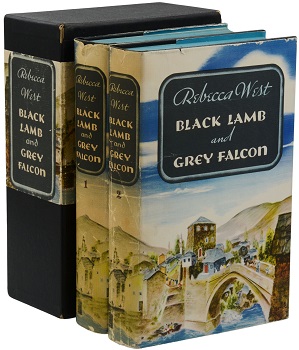
Black Lamb and Gray Falcon by Rebecca West
I renewed the library loan once for Dame Rebecca West’s mammoth travelogue of the Balkans, and still managed only to wade through a bit less than half before calling it quits. I don’t regret a minute of the time I spent, but I feel like I’ve had enough. I picked this up because Geoff Dyer swears by it in The Last Days of Roger Federer.
West traveled through the Balkans from England with her husband, apparently a very well read banker, between the World Wars. There is a very eerie moment where West is standing in the last room Franz Ferdinand occupied before he was assasinated, with a guy who was in the room at the time, and she explains how Ferdinand was this complete monster of a hunter who estimated himself to have killed half a million animals, and she imagines the spirits of all those animals gathered in the room as he prepares to step out and make his oration, driving the man toward assasination the way the archduke’s beaters drove the animals out of the forest into the scope of his gun. Can you imagine, half a million. He spent his time standing around shooting things, mostly.
The writing is a marvel, but it takes a lot of effort and after a couple of months I ran out of steam. Something I would buy in a heartbeat if I saw it used, just to have around.
Two Books Called The Deluge
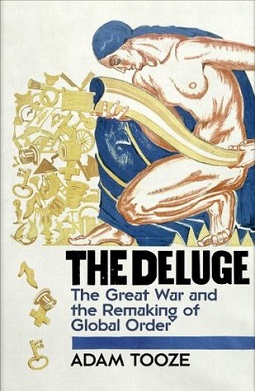
The Deluge by Adam Tooze
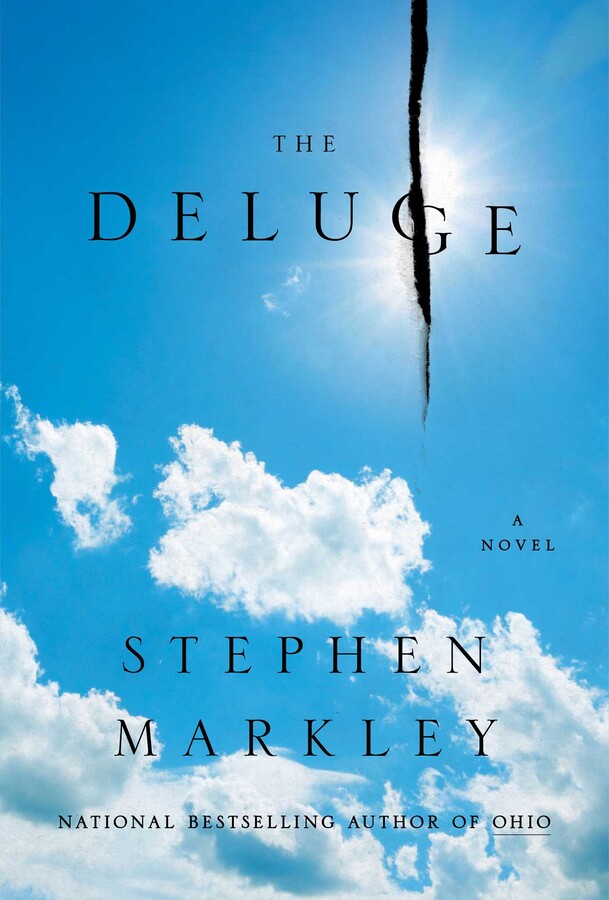
The Deluge by Stephen Markley
I saw some kind of blurb go by for an ambitous sounding new climate change novel called The Deluge by Stephen Markley. I looked it up on Libby and found a long wait list. There also happens to be a book called The Deluge: The Great War, America and the Remaking of the Global Order, 1916–1931 by Adam Tooze, which had no waitlist, and dovetailed quite nicely with my newfound interest in the origins of World War I awoken by Black Lamb and Gray Falcon. So I checked it out.
Tooze is a historian at Columbia, and this is the second time I’ve bounced off his dry, specialized writing style. I was missing so much context taken for granted that I had trouble making sense of or caring about the argument. My interest in the subject is too casual for this text. I had the same problem with Crashed: How a Decade of Financial Crises Changed the World (2018).
When it finally came available I read about two pages of Markley’s novel before ruling it out for style. I hate books that are so transparently about telling you science through hokey characterization.
